Kinma preschool
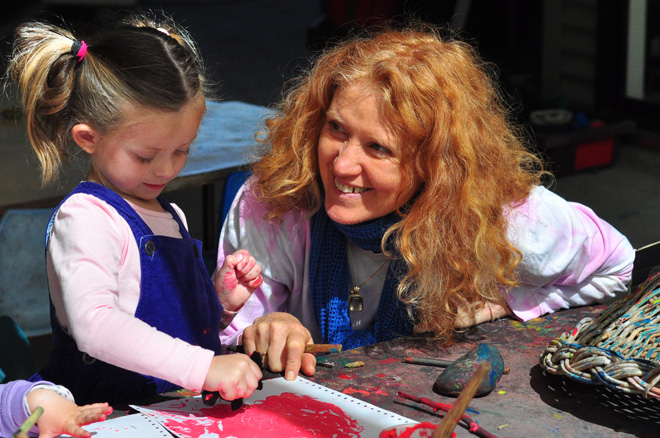
Play-based curriculum, beautiful child-centred learning environment, parent participation welcome!
In Preschool, we have always operated with the now recognised new National Quality Framework Standards (NQF). These include:
For further information see http://www.mychild.gov.au.
Download the Preschool enrolment form
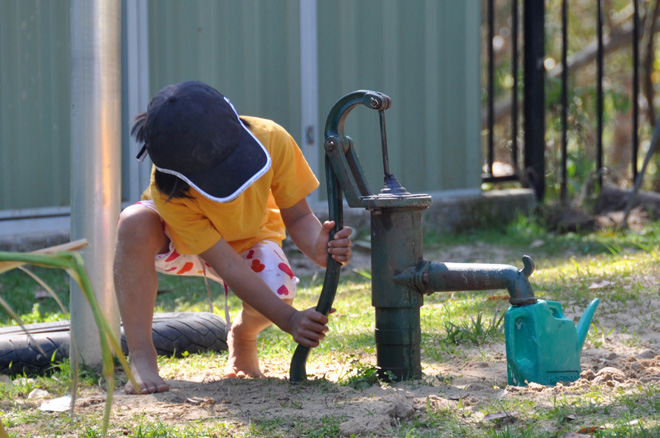
At Kinma Preschool play and imagination are integral to our approach. Through our play based curriculum, children develop self-motivation and the ability to make their own choices.
When children initiate pretend play they often become totally absorbed, and can be observed demonstrating skills and behaviours which are more refined and advanced than at other times.
They balance individual freedom with social co-operation, negotiation and responsibility for the welfare of others. They develop the ability to reflect and learn from their own mistakes with courage and confidence in themselves and learners. Play can be the perfect context for developing these life skills.
The environment, the props and the social interactions serve as scaffolds whereby the child can progress to high levels of development and understanding. As early childhood educators we support the development of children's play by:
"Play starts at birth and early childhood environments that promote play for all children and allow children to feel motivated, esteemed and appreciated are cause for celebration." (Elspeth Harley 1999)
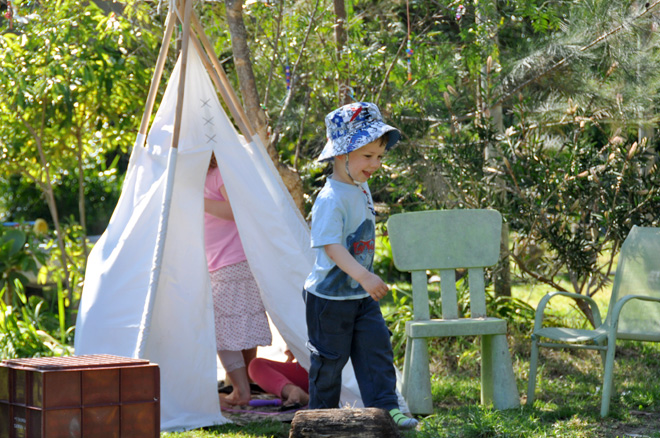
What are children gaining through play experiences? Close observation of children participating in dramatic play shows they are using a wide range cognitive skills as they plan and implement their play. These skills include:
|
|
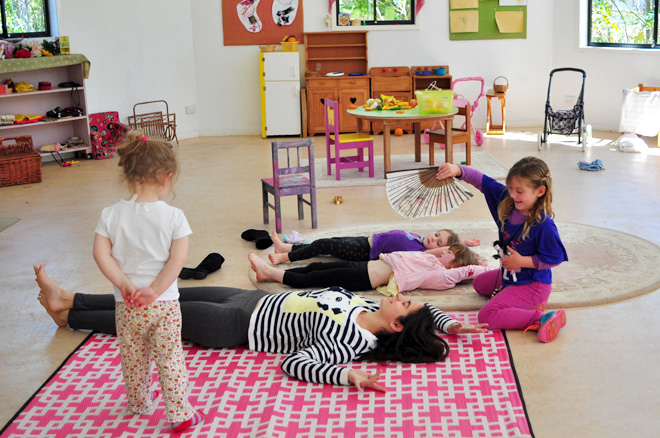
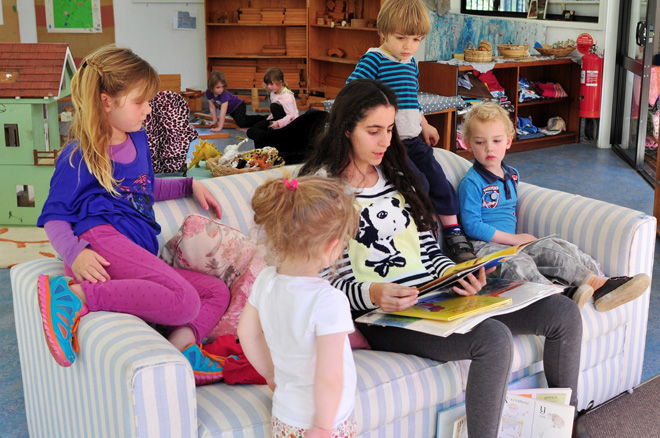
It is central to the aims of the Kinma Preschool to make the child's transition from the home to the preschool as positive as possible. Consequently, the preschool environment is warm, friendly, happy and secure.
The teachers create high levels of friendly interaction and encourage parental participation, making the links between home and preschool strong. Therefore parents are involved in the continuing development of their child.
The teachers base their programmes upon recognised stages of child development. Yet, at the same time, they carefully consider the individual needs of every child. This involves constant evaluation of each child's social, emotional, intellectual and physical progress which is recorded in each child's personal profile.
Kinma Preschool completed the new NQS assessment and ratings process with the Department of Education and Care Services Directorate in November 2013, and was assessed with an overall rating of: EXCEEDING NATIONAL QUALITY STANDARD
In our report we received the following praise from the Regional Operations Manager:
“I acknowledge the efforts of management, educators, staff and others involved in preparing for, and participating in, the assessment and rating process and wish you well in your important work with children and families.
The National Quality Framework aims to raise quality and drive continuous improvement and consistency in services across the country. The commitment shown by all the members of your service to successfully complete this assessment and rating cycle will no doubt help to foster a culture of continuous quality improvement within your service.”
Kim Hoskin
Regional Operations Manager
Early Childhood Education and Care Directory
The preschool is a challenging, interesting and exciting learning environment. Subsequently the individual child's experiences are enriched and further developed, eg. children who have mastered basic skills such as the ability to manage the use of scissors, drawing materials, brushes and other related fine and gross motor skills are not limited to these but can choose from a wide range of activities during "activity" time.
Within the preschool these personal interests are incorporated into the programme so as to foster the child's understanding. The teachers build upon the child's interests so as to widen the child's experiences. These, in turn, are enriched through excursions of all types and visits to the preschool by people with expertise in various fields.
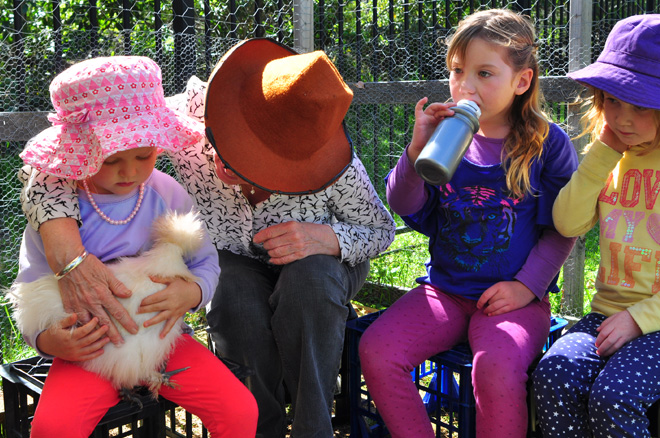
The preschool is also involved with the primary school. The interaction between the older and younger children varies but may include joint music sessions, the older children's reading to the preschoolers, participation in special theme days and general play.
A unique opportunity for the older preschoolers is special transition activities with the 5-year old group. These activities create a smooth transition from preschool to primary school for the children who wish to continue their education at Kinma.
Independence and responsibility are fostered within each child. Children are encouraged to take care of their own and school property. Children are also expected to respect their peers in a way that is self-disciplined. The teachers aim to develop independent, responsible people.
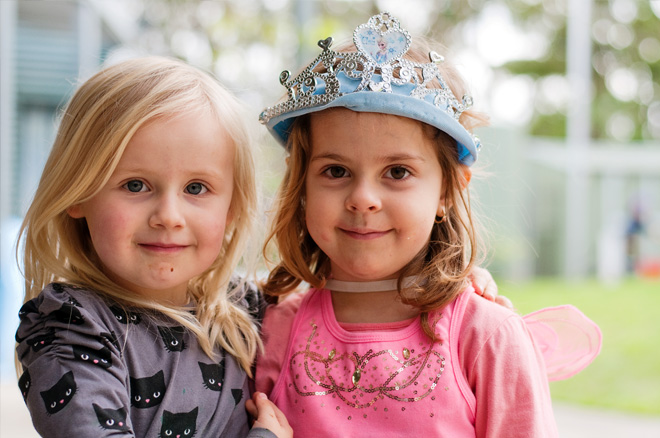
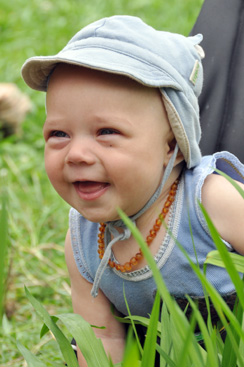 If you have young children and are interested in a connecting with like-minded parents, come and try our Playgroup.
If you have young children and are interested in a connecting with like-minded parents, come and try our Playgroup.
Playgroup operates from within the School which is set in 5 acres of beautiful bush land. We use our multi-purpose meeting space and large outdoor playground where children can play while you relax and enjoy a cuppa. Playgroup runs every Monday during term time, 9:30am-11:00am.
Visits are $5 / family to cover morning tea and supplies. There are no membership fees.There is no need to book or to commit to a full term. Simply come along on any Monday when it's on.